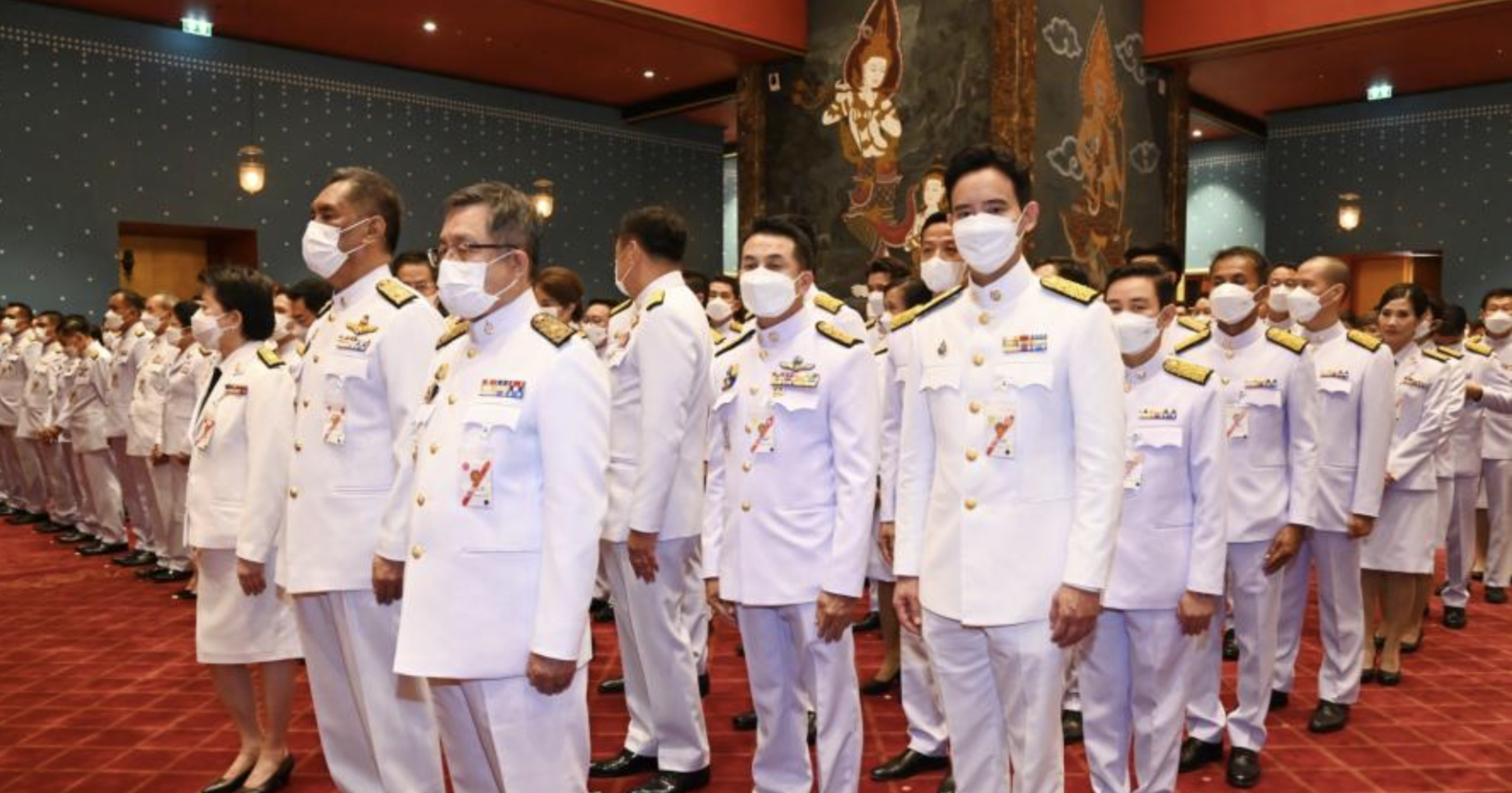Thailand's parliament will be selecting the country’s new prime minister on Jul.13, according to newly-elected House Speaker Wan Muhamad Noor Matha, according to Reuters.
The country's king, Maha Vajiralongkorn, inaugurated the opening of the National Assembly on Jul. 3.
The announcement comes almost two months after a victory by Thailand's main opposition parties, Move Forward Party (MFP) and the Pheu Thai Party, in the May 2023 elections.
The MFP had won 151 seats in the House of Representatives while Pheu Thai secured 141 seats, while an eight-party coalition was later formed.
The coalition's members are expected to nominate MFP’s leader Pita Limjaroenrat as Thailand’s next premier, who will take over incumbent Prime Minister Prayuth Chan-O-cha.
House speaker elected
Wan, the leader of Prachachat Party, was nominated as the House Speaker in a compromise reached after a dispute between the MFP and the Pheu Thai Party, Bangkok Post reported.
The first Deputy House Speaker seat would go to MFP, while Pheu Thai will have the second Deputy's seat.
On Jul. 5, he told the media that Thailand’s 750-member National Assembly will be convening next Thursday (Jul. 13) at 9:30am to vote for the next prime minister, according to Bloomberg.
Wan also noted that there is no stipulated deadline for the election of the premier, so more parliamentary sessions should be expected.
Challenges lie ahead
The new prime minister will be decided by a combined vote of the upper and lower houses of parliament, requiring 376 votes out of a total of 750.
The current coalition consists of merely 312 lawmakers, which is 64 short of the number they need to guarantee forming the government, Reuters reported.
The remaining votes will be dependent on the upper house, which comprises 250 senators appointed by the military government that came to power after the 2014 coup.
One of MFP's most prominent policy positions is also the reform of Thailand's powerful Lese Majeste law that can penalise criticism of the monarchy, which may not sit well with the conservative Senate.
Additionally, Pita himself earlier faced the threat of disqualification due to his shares in a media company.
However, he has expressed confidence in surviving it.
He has since declared his assets to the National Anti-Corruption Commission (NACC) and has been given till Jul. 23 to clarify his media shares, according to Thai PBS World & The Nation.
Related:
Top image via Thailand's National Assembly
If you like what you read, follow us on Facebook, Instagram, Twitter and Telegram to get the latest updates.



